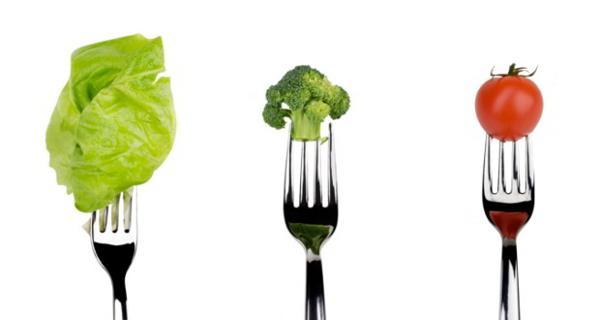B12 and Weight Loss
Recently, vitamin B12 has been linked to weight loss and energy boosts, but are these claims for real? A lot of doctors and nutritionists lean toward "no."
Vitamin B12 plays a major role in a number of the body's essential functions, including DNA synthesis and the formation of red blood cells. Vitamin B12 also helps the body convert fats and proteins into energy.
B12 deficiency can lead to several ailments, most notably megaloblastic anemia, which is caused by a low red blood cell count. The most common symptom of megaloblastic anemia is fatigue. This form of anemia — as well as other health issues associated with B12 deficiency — can be easily treated with injections of the vitamin. Claims that B12 can boost energy and aid in weight loss come from the incorrect assumption that the effect it has on people with megaloblastic anemia will be the same in people with normal levels of vitamin B12.
Where Do We Get B12?
Most people get vitamin B12 through their food. The vitamin is naturally present in certain animal protein-based foods, such as:
- shellfish
- meat and poultry
- eggs
- milk and other dairy products.
Since B12 is only found naturally in these animal products, deficiency is common among vegetarians and vegans if they do not consume fortified foods such as fortified cereals and fortified yeast.
Other groups of people at risk for B12 deficiency include the elderly, people who are HIV positive, people who have undergone gastrointestinal surgery, and people with certain digestive disorders, specifically Crohn's disease and celiac disease. Celiac disease is the autoimmune disorder that causes gluten intolerance. Elderly people or those who have undergone stomach surgery generally have lower levels of acid in the stomach, which can result in reduced absorption of B12 from animal foods. For these people, B12 found in fortified foods or supplements might be a better option. Also, people who take the diabetes drug metformin are at higher risk for B12 deficiency.
There are many ways for people at risk for B12 deficiency to add more to their diet. Like just about any vitamin and mineral on the market, B12 supplement pills are available at supermarkets and pharmacies. B12 is also present in B complex supplements, which combine all eight of the B vitamins into a single dose. You can get larger doses of B12 through an injection, which is a common way weight loss facilities administer the supplement. Doctors typically suggest injections of higher-than-average doses of B12 for people diagnosed with megaloblastic anemia and other health problems associated with a B12 deficiency. This type of injection often requires a doctor's prescription.
Foods where the vitamin is not naturally present – such as breakfast cereals – can also be "fortified" with B12. This can be useful for people at risk for deficiency. Check the nutritional information on food labels to see if it’s been fortified.
The National Institutes of Health (NIH) recommend 2.4 micrograms (mcg) of vitamin B12 per day for anyone over the age of 14. There is no difference in recommended intake for men and women. Pregnancy increases the recommended dose for women, both during the pregnancy as well as after if the mother chooses to breastfeed her child.
As any doctor or nutritionist will tell you, there is no magic weight loss cure. Those looking to adopt a healthier lifestyle or drop some pounds should be wary of supplements that claim to help you lose weight without proper lifestyle changes to affect your diet and exercise routine. Thankfully, there are no reported risks in taking large doses of vitamin B12, so those who have tried injections to lose weight have no need to worry. However, there is also no reported evidence to support the claim that vitamin B12 will help you lose weight.
- Prev:Very low-caloriediets
- Next:Overview
- DON'T MISS
- How this 115 kg man lost weight will motivate you
- Fitness plan day 30 – Time to do high intensity workouts
- Can excessive sweating cause weight loss?
- Weight loss tip # 110 — Stop looking at food pictures on Facebook, pinterest and Instagram
- Fitness Plan Day #191: Perform burpees and jumping jacks to lose weight fast
- 5 types of crunches for a flat belly
- Obesity, Type 2 Diabetes, and Physical Activity
- What is BMI? How do I calculate it? All your questions about BMI answered
- 5 diseases you can prevent with weight loss
- Healthy eating – the right way to lose weight!




